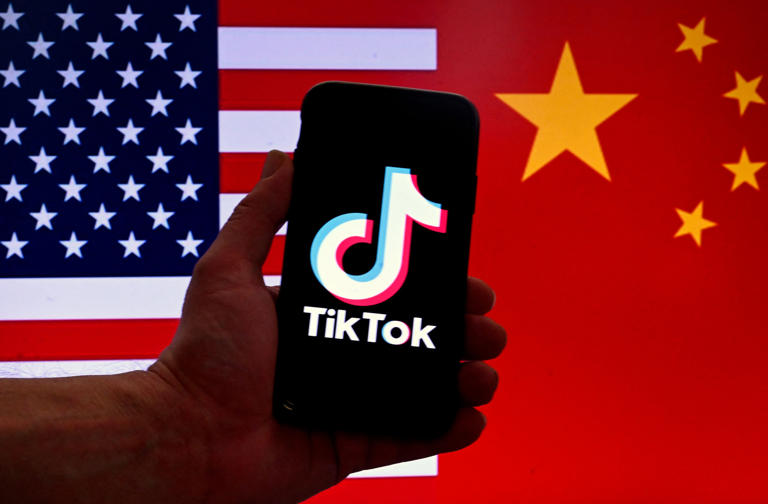Last week, the House of Representatives passed legislation aimed at compelling China to divest TikTok, the popular social media platform currently installed on approximately 170 million American devices. This move signals a significant shift in U.S.-China relations, as it represents the first instance where the United States possesses the leverage to challenge Beijing’s control over TikTok.
The legislation, known as the “Protecting Americans from Foreign Adversary Controlled Applications Act” or H.R. 7521, mandates the divestiture of any “foreign adversary controlled application,” as determined by the president, within a 180-day timeframe. Notably, this legislation specifically targets applications operated by TikTok and its Chinese parent company, ByteDance Ltd.
If a divestiture fails to occur within the stipulated 180-day period, the bill prohibits U.S. app stores and web-hosting services from offering the designated app to the public. This measure underscores the seriousness of the U.S. government’s efforts to address national security concerns associated with TikTok’s operations.
However, it is widely believed that China’s central government will vehemently oppose any attempt to force a sale of TikTok. Beijing has already issued strong rebukes in response to the House bill, denouncing it as a “bullying act” and accusing the U.S. of employing “robbers’ logic,” as articulated by Foreign Ministry spokesperson Wang Wenbin on the 14th following the bill’s passage.
China has demonstrated its resolve to protect its tech companies from external interference. In response to previous attempts by the Trump administration to compel a sale of TikTok, China swiftly added content-recommendation algorithms to its export-control list in 2020. Moreover, Beijing signaled its reluctance to approve any required sale through its actions, effectively thwarting efforts by the Committee on Foreign Investment in the United States (CFIUS). Additionally, ByteDance’s proposed partnership with Oracle Corp. and Walmart Inc. to establish TikTok Global, a new U.S.-based entity, failed to receive Beijing’s approval, further highlighting China’s resistance to external pressures.
Some analysts believe that the U.S. government may face challenges in compelling a sale of TikTok due to Beijing’s resistance, especially considering the app’s integral curation algorithm, often referred to as its “secret sauce.”
Dan Ives of Wedbush Securities emphasized the complexity of detaching the algorithm from ByteDance, suggesting that China would resist selling the source code to a U.S. tech company, making it a formidable obstacle for potential buyers.
However, the U.S. possesses more leverage than commonly perceived. In August 2022, Axios reported that Oracle had commenced the vetting of TikTok’s algorithms as part of Project Texas, a collaboration aimed at addressing concerns over data privacy and content curation.
TikTok itself initiated Project Texas in 2021, granting Oracle unprecedented access to its source code and algorithm. According to a TikTok spokeswoman, the algorithm is stored with Oracle and supervised by employees within TikTok U.S. Data Security (USDS).
Despite these efforts, ByteDance has reportedly impeded Oracle’s review process by inundating it with daily updates to the algorithm. This raises concerns that ByteDance may attempt to introduce malicious changes to the algorithm.
The U.S. government holds considerable authority to address these issues. Existing forfeiture laws empower authorities to seize TikTok and its curation algorithm, particularly in light of reports implicating the app in federal crimes and acts of war, such as the dissemination of content to incite riots.
Thus, regardless of legislative developments like H.R. 7521, the U.S. government can take decisive action to ensure that TikTok is no longer exploited by the Chinese regime. Simply forcing a change in ownership may not suffice; President Joe Biden may need to pursue measures to reclaim control of the algorithm from China.
While such actions may be deemed drastic, analysts like Brandon Weichert argue that they are necessary to counter Chinese influence effectively. As Weichert suggests, it may be time for the U.S. to assert its authority and adopt a more assertive stance against Chinese tech companies like TikTok.
